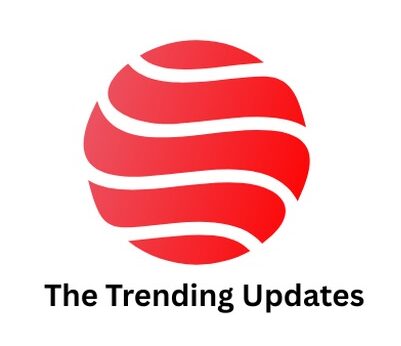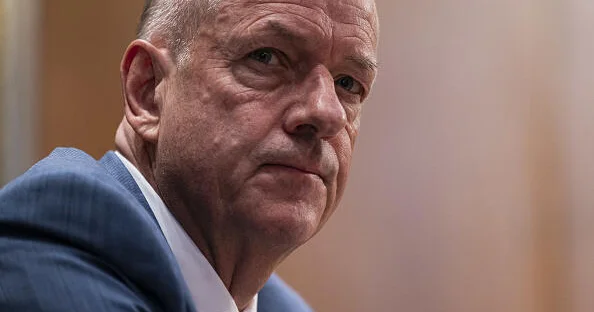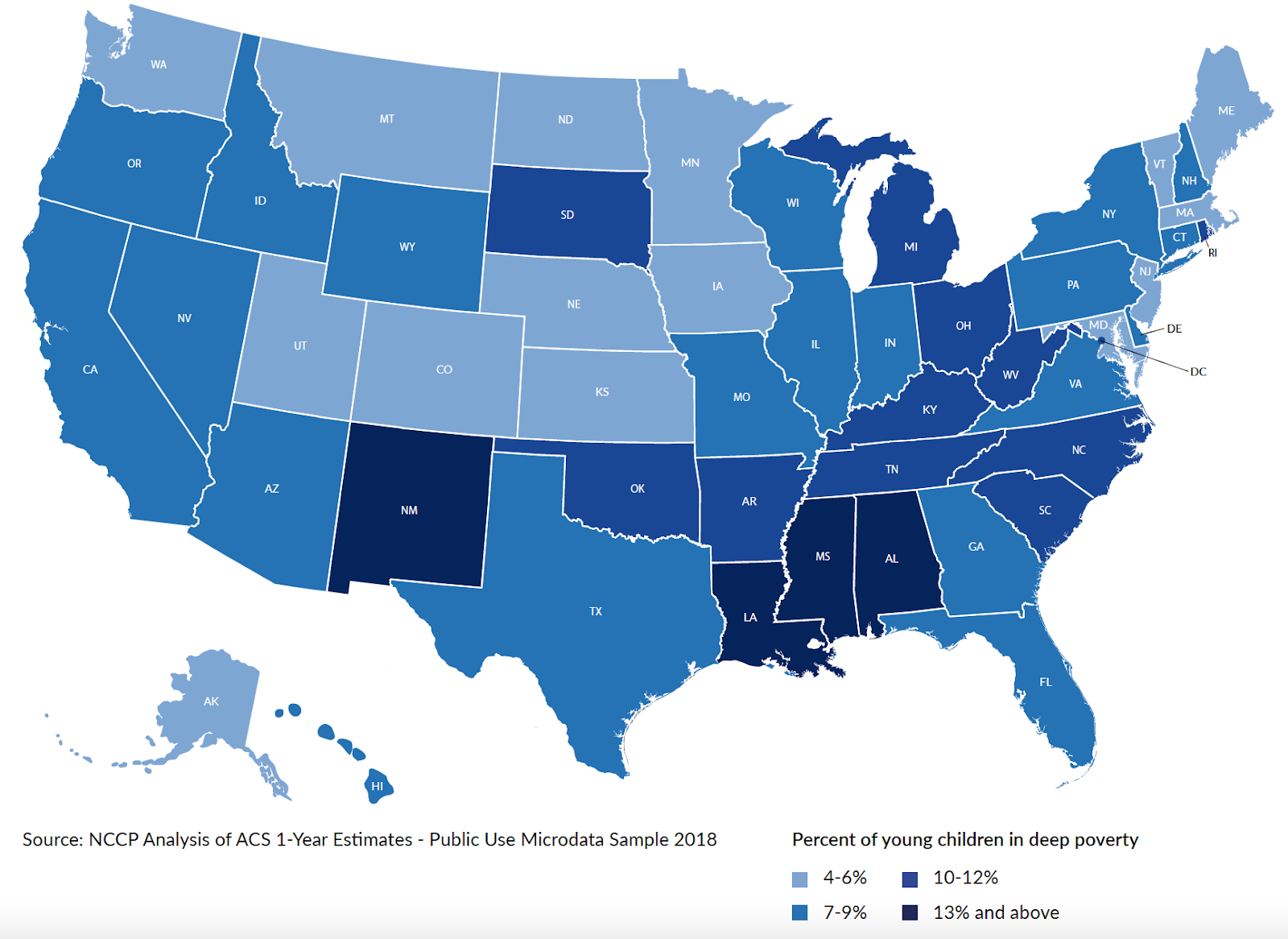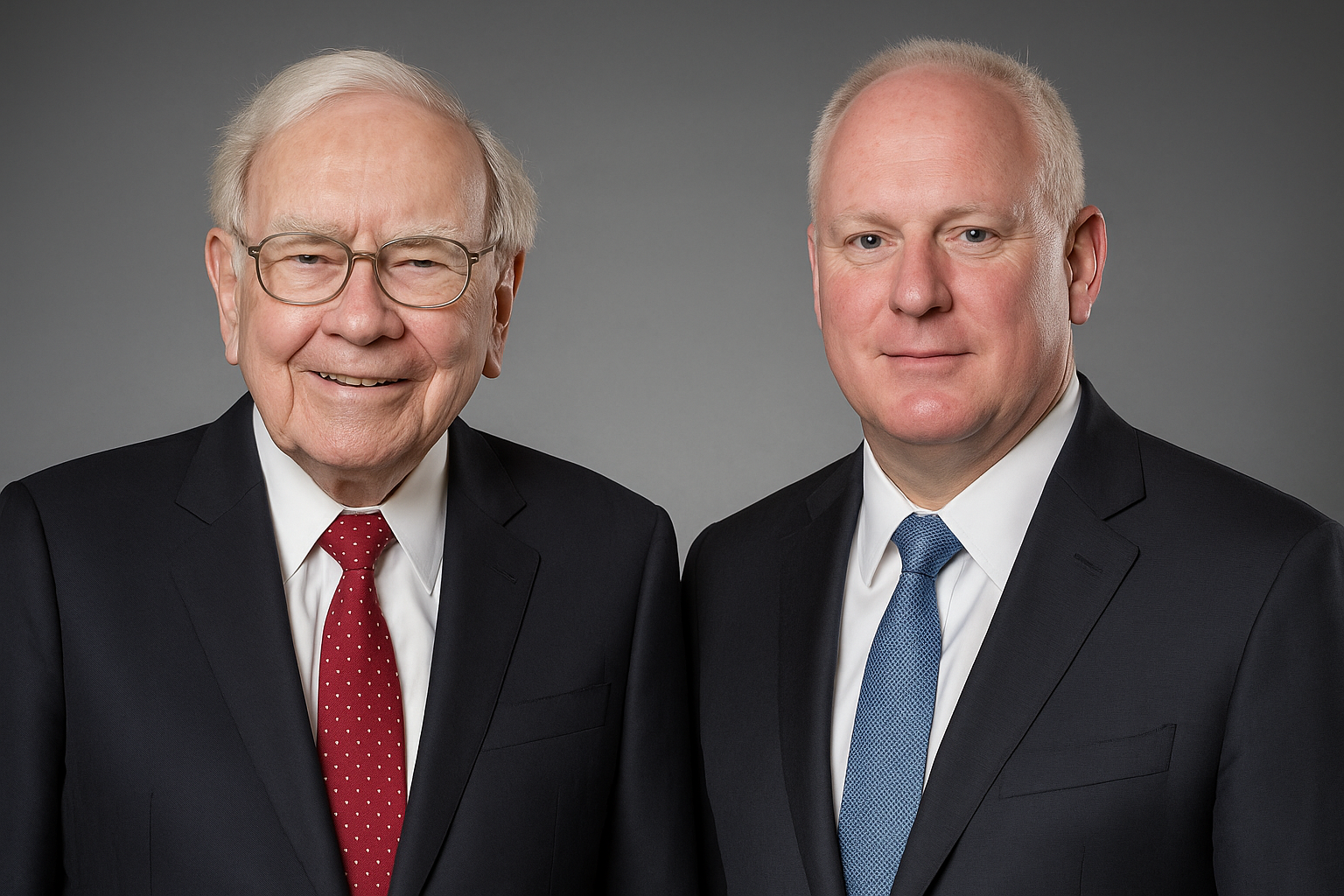Table of Contents
Andrew Witty, CEO of UnitedHealth Group, is under fire following his public testimony before Congress regarding a major cyberattack that crippled a key subsidiary and disrupted healthcare services across the U.S.
The attack, which targeted Change Healthcare (a subsidiary of UnitedHealth), left providers and pharmacies scrambling, causing delays in patient care, billing, and prescription services. Lawmakers and industry leaders alike are demanding accountability for what is being labeled one of the most disruptive cyberattacks in American healthcare history.
The Breach That Shook the System
In February 2024, Change Healthcare experienced a massive ransomware attack that forced the company to shut down its systems. The fallout was widespread: medical claims couldn’t be processed, providers struggled with cash flow, and some patients were unable to fill critical prescriptions.
UnitedHealth later revealed that the attackers accessed vast amounts of sensitive data, including patient health information and financial records. The breach exposed vulnerabilities in a system that millions rely on daily.
Witty’s Congressional Testimony: “A Wake-Up Call”
During a Senate Finance Committee hearing, Witty called the incident “a wake-up call” for the healthcare industry. He acknowledged that Change Healthcare paid a ransom to the attackers—reportedly around $22 million—hoping to contain the damage.
This disclosure has drawn fierce criticism from lawmakers who believe that paying ransoms encourages future cyberattacks. Senators also questioned why UnitedHealth didn’t detect the threat sooner, given its size and resources.
Witty admitted that the cyberattack exploited a system that lacked multi-factor authentication (MFA), a basic but crucial layer of cybersecurity. “That was a mistake,” he said, promising that steps are now being taken to overhaul the company’s security infrastructure.
Fallout for Patients and Providers
The aftermath of the attack continues to ripple through the healthcare ecosystem. Thousands of healthcare providers were left financially strained due to delayed payments. Some smaller clinics feared closure, while patients experienced care interruptions during critical moments.
UnitedHealth has since announced a $3.3 billion compensation fund to support affected providers and bolster system recovery. While this gesture is seen as necessary, critics argue that no amount of money can reverse the disruption caused.
A Moment of Reckoning for the Healthcare Industry
This incident has sparked broader discussions about the fragility of the U.S. healthcare system’s digital backbone. Industry leaders are calling for stronger regulatory oversight, mandatory cybersecurity standards, and better coordination between government and private healthcare entities.
Witty emphasized that UnitedHealth is now prioritizing cybersecurity as a top-level agenda item and will implement system-wide changes to prevent similar breaches.
Final Thoughts
Andrew Witty’s appearance on Capitol Hill marks a critical moment for the healthcare tech industry. As digital health services expand, so too does the responsibility of major providers to ensure robust cybersecurity.
UnitedHealth’s response in the coming months will be closely watched—not just by regulators and investors, but by millions of Americans who trust the system with their health and personal data.
FAQs
1. Who is Andrew Witty?
Andrew Witty is the CEO of UnitedHealth Group, one of the largest healthcare and insurance companies in the world.
2. What happened in the cyberattack on UnitedHealth?
In February 2024, UnitedHealth’s subsidiary Change Healthcare was hit by a ransomware attack, causing widespread disruption in healthcare operations.
3. Did UnitedHealth pay the ransom?
Yes, CEO Andrew Witty confirmed in testimony that the company paid a ransom—reportedly around $22 million—to the attackers.
4. What steps are being taken now?
UnitedHealth is implementing stronger cybersecurity protocols, including multi-factor authentication and investing billions in recovery efforts and system security upgrades.
You may like to read about :
Warren Buffett Steps Down: What Gregory Abel’s Leadership Means for the Future of Berkshire Hathaway




